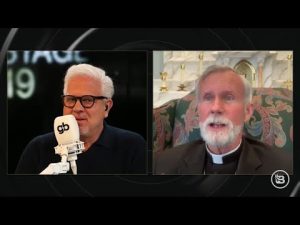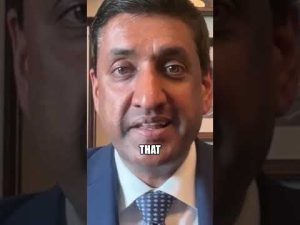In a surprising turn of events, President Trump recently pardoned several individuals previously involved in the January 6th Capitol protests, bringing a wave of relief and joy to their families. Among those pardoned are Ryan Nichols and Christopher Rochelle, both of whom faced significant legal troubles that could have resulted in lengthy prison sentences. This development has reignited conversations in conservative circles and among supporters of the former president about fairness, justice, and accountability.
Ryan Nichols stepped out of prison recently to embrace his wife, Bonnie, and other family members. With his heart filled with gratitude, he described the experience as “surreal.” For Nichols, the thought of freedom seemed like a distant dream just days before, especially while contemplating the heavy weight of his charges. He expressed deep appreciation for President Trump, who had made a campaign promise to extend pardons to those affected by the events of January 6th. Nichols and others had long discussed the possibility of this moment, and it finally came to fruition with the re-election of Trump, who emphasized his commitment to justice during his campaign.
Nichols was not alone in this moment of relief; Christopher Rochelle also found himself newly liberated from the shadow of his legal troubles. Facing the potential of ten years behind bars, Rochelle’s freedom is a testament to the promises made during a challenging political climate. With a strong conviction in the righteousness of their cause, both men have maintained an unwavering belief that President Trump would keep his word. They represented a broader sentiment among many who felt they were unjustly treated and labeled as villains for their actions that day.
Accompanying its usual fair share of political drama, the aftermath of January 6th turned out to be a nightmare for families associated with those charged. Trish Rochelle, Christopher’s wife, voiced the challenges they faced, highlighting the incessant media portrayal that likened protestors to extremists. With threats and harassment on her doorstep, Trish articulated the exhausting toll it took on her family’s life. Yet, through this ordeal, a sense of camaraderie emerged among supporters who rallied to stand by those accused.
This liberation raises questions regarding the broader implications for the justice system and public opinion. Conservatives and Trump supporters view the pardon as a necessary corrective to what they see as an overreach of justice against individuals who were exercising their right to protest. This development has sparked renewed discussions about the treatment of dissenters in America and the need for a more “compassionate conservativism” when it comes to handling political unrest.
As the political landscape continues to shift, the pardoning of these individuals serves as a compelling chapter in the ongoing story of January 6th. With the renewed focus on their experiences, it seems clear that their fight for justice is far from over. For Ryan and Christopher, the future may hold new possibilities, but the road to healing and reconciliation demands attention to their past and the lessons learned along the way. And while they cherish their regained freedom, many are left contemplating how the political narrative will evolve regarding the events that transpired on that fateful day.







